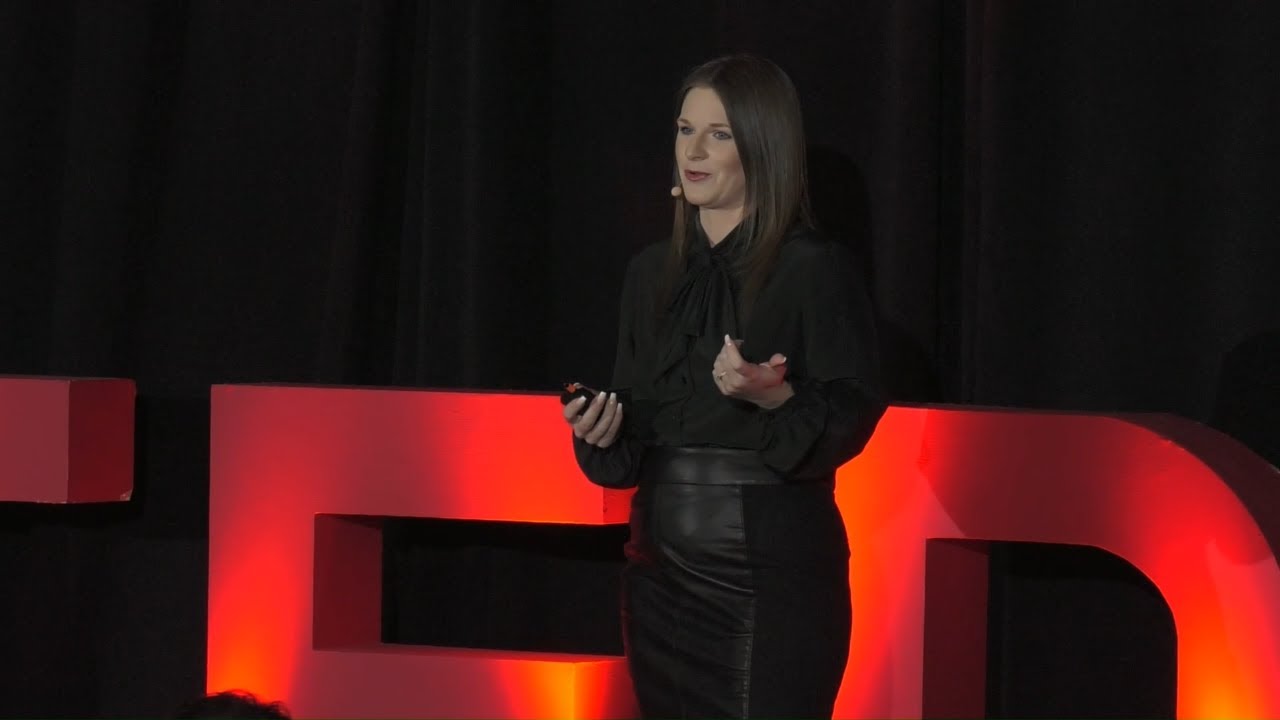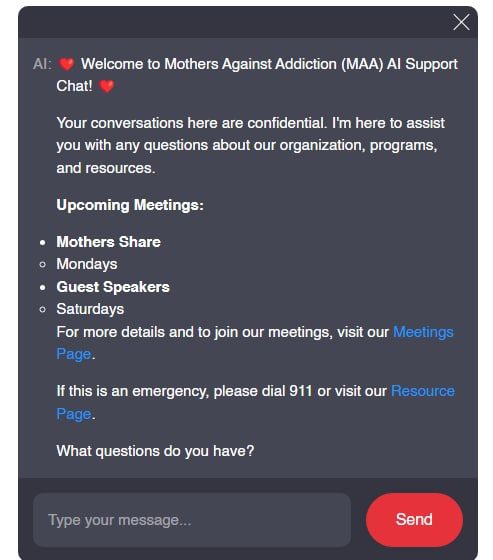The Transformative Role of Community Support in Recovery
When dealing with addiction, it’s easy to feel isolated and hopeless. Navigating the treacherous path of recovery alone can feel like an impossible challenge. However, community support in recovery can dramatically alter this bleak landscape. Engaging with a community offers a sense of belonging and a network of assistance that plays a vital role in the recovery journey. Individuals connect with peers who have faced similar challenges, enabling them to share experiences, tips, and encouragement.
Organizations like Alcoholics Anonymous (AA) and Narcotics Anonymous (NA) have been pivotal in demonstrating the effectiveness of community-driven, peer-supported models. These systems amplify the power of shared experiences, making the journey less intimidating and more manageable. Research also underscores these points: social support is linked to positive health outcomes for individuals in recovery, including greater quality of life and subjective well-being. Higher levels of social support are also associated with reduced stress levels.
Building Resilient Networks: The Case of Shatterproof
Shatterproof is a national nonprofit organization dedicated to reversing the addiction crisis in the U.S. By focusing on community support in recovery, Shatterproof has created extensive networks that bring together families, friends, and survivors of addiction. This cohesive network builds resilience in individuals, helping them combat the challenges of recovery through mutual support and shared experiences.
Shatterproof’s emphasis on community support extends to educational programs, advocacy, and public awareness campaigns. By mobilizing communities, they foster environments that are understanding and compassionate. This approach is crucial for breaking the vicious cycle of stigma and isolation that so often surrounds addiction. The power of a united community can indeed be transformative, as seen through Shatterproof’s ongoing successes.
| Category | Details |
| Types of Community Support Groups | – 12-Step Programs: Such as Alcoholics Anonymous (AA) and Narcotics Anonymous (NA). – Non-12-Step Programs: Such as SMART Recovery and Refuge Recovery. – Faith-Based Groups: Support based on spiritual or religious principles. – Peer Support Groups: Informal gatherings of individuals with similar experiences. |
| Examples of Support Organizations | – Alcoholics Anonymous (AA) – Narcotics Anonymous (NA) – SMART Recovery – Refuge Recovery – Celebrate Recovery – Families Anonymous |
| Key Benefits | – Sense of Belonging: Creates a safe and supportive environment. – Shared Experiences: Opportunity to share stories and advice. – Emotional Support: Reduces feelings of isolation and boosts morale. – Practical Tips: Useful strategies for dealing with triggers and maintaining sobriety. |
| Positive Health Outcomes | – Greater quality of life and subjective well-being (Beattie et al., 1993). – Less stress and anxiety (Hyman et al., 2009). |
| Features of Effective Support | – Accessibility: Regular meetings and easy to join. – Diversity: Different types of support for various needs. – Consistency: Reliable and ongoing meetings. – Professional Facilitation: Often facilitated by trained professionals. |
| Challenges | – Stigma: Fear of being judged. – Commitment: Requires time and effort to regularly attend meetings. – Variety: Finding the right group that fits personal beliefs and needs. |
| Cost | Most community support groups are free to join, donations may be requested. Some specialized programs might have a membership fee or require payment for materials. |
| Additional Resources | – Online forums and virtual support groups. – Counseling and therapy services. – Educational material on addiction and recovery. – Outreach and awareness programs. |
| Dates of Key Research | – Beattie et al., 1993 – Hyman et al., 2009 |
Digital Innovations: How Communities are Moving Online
In the era of technology, community support in recovery has transcended physical boundaries. Digital platforms offer new ways for individuals to connect with others on similar journeys, providing instant support and encouragement. Apps like Sober Grid and services such as online AA and NA meetings allow individuals to form support networks irrespective of geographical constraints.
These digital platforms serve as lifelines, creating inclusive, accessible, and constant support systems. This is especially crucial for those who might not have local resources available or whose schedules prevent them from attending traditional meetings. Online communities break down barriers, making it easier for individuals to seek the help they need without delay.
Real Stories, Real Impact: Transformations Through Community Support
One of the most compelling aspects of community support in recovery is hearing real stories of transformation. Consider Chris Herren, a former NBA player who battled substance abuse and later founded The Herren Project. This organization provides addiction recovery resources and peer support, profoundly impacting countless lives.
Through Chris’s transparency and advocacy, more individuals have found the courage to seek help and initiate their recovery journeys. His story exemplifies the vital role that community support can play in recovery. Shared experiences and mutual encouragement not only foster hope but also offer practical pathways to sustained sobriety.
The Role of Family and Friends in Supporting Recovery
Family and friends often act as the rarely acknowledged heroes in the recovery process. Community support in recovery extends far beyond structured organizations and often begins at home. Programs like Partnership to End Addiction empower loved ones with the tools and understanding needed to support those grappling with addiction effectively.
By fostering open communication and building understanding, these programs strengthen primary support networks crucial for recovery. The connection to home and family can be a pivotal element, providing both emotional and practical support that aids in the sustainability of recovery efforts.
Addressing Stigma Through Community Education
Addiction is frequently surrounded by stigma, which can hinder recovery efforts. Community support in recovery goes hand in hand with public education and advocacy. Organizations like Faces & Voices of Recovery work diligently to shift public perception, promoting a more compassionate and informed approach to those in recovery.
Their work involves public presentations, policy advocacy, and educational campaigns, all aimed at breaking down the harmful stereotypes that cloud public judgment. By doing so, they create an environment where individuals feel safe and supported rather than judged or marginalized.
Innovative Approaches: Integrating Peer Recovery Coaches
An exciting addition to community support in recovery is the integration of peer recovery coaches. Organizations like Recovery Centers of America employ individuals who have successfully navigated their recovery journeys to guide others. These coaches provide personalized, empathetic support that professional therapists may not offer, bridging gaps and ensuring continuity of care.
Peer recovery coaches leverage their personal experiences, offering practical advice and emotional support, which can be instrumental in helping others stay on track. Their firsthand understanding of addiction and recovery makes them uniquely positioned to offer guidance and encouragement, reinforcing the power of lived experience in the recovery process.
Future Directions: Expanding Community-Based Resources
The future of community support in recovery looks bright, with advancements focusing on expanding and integrating community-based resources. Recovery-oriented systems of care (ROSC) are gaining traction, emphasizing a holistic and sustained approach to recovery. By aligning multiple support services—such as healthcare, housing, and employment—with peer and community support, these systems aim to create a robust safety net for individuals in recovery.
Innovative digital tools, broader advocacy, and ongoing expansion of peer support networks promise an increasingly inclusive and effective landscape for community support in recovery. As real-life examples consistently demonstrate, unified community efforts hold the transformative power to combat addiction, humanizing and strengthening every step of the recovery journey.
In conclusion, community support in recovery is not just a beneficial adjunct to traditional treatment—it is a cornerstone for many individuals battling addiction. The power of shared experiences, peer support, and the unconditional love of family and friends can turn what feels like an insurmountable challenge into a journey of hope and transformation.
For more personal stories and resources on Faith-based recovery, finding a sponsor, or building a sober network, visit Mothers Against Addiction.
Community Support in Recovery
Imagine the transformation that happens when a community comes together to support individuals in their recovery journey. It’s akin to cheering Carrie Underwood pregnant with her second child—hopeful, exhilarating, and life-changing. Let’s dive into some engaging trivia and interesting facts about how community support in recovery can spark profound change.
The Power of Group Effort
While group efforts can sometimes seem as competitive as Rtic Vs Yeti in the cooler market, their focused intention fosters unity. Just like coolers keep our drinks fresh during summer picnics, group therapy keeps individuals’ spirits elevated, providing warmth and companionship. It’s fascinating how communities can come together to cradle those in need, much like expecting mothers receive extra care and attention.
Inspirational Community Figures
Notably, celebrities like Elodie de Fautereau have experienced the empowering effect of community support in recovery. Their stories provide both inspiration and practical wisdom to those on similar paths. By drawing on shared experiences, these community figures can illuminate the way, offering a blend of hope and tangible advice, much like a beacon for those navigating turbulent waters.
Unexpected Wins and Surprises
Support networks often reveal unexpected wins, similar to discovering the winning lottery numbers in Maryland. It’s these moments of triumph that inject optimism into the recovery process. Community events and support groups can offer the same excitement and joy, turning the journey of recovery into a series of memorable milestones.
Visualizing New Beginnings
In Florida, first-time home buyers often feel a sense of accomplishment and renewed beginning once they secure their homes. Similarly, individuals in recovery, buoyed by the immense support of their community, can visualize a fresh start. Just as they navigate the twists and turns of acquiring their first home, those in recovery learn and grow from each supportive interaction.
Community support in recovery not only binds individuals together but transforms lives in compelling and unexpected ways. It’s these small, interconnected moments of joy, unity, and triumph that underscore the true power of a supportive network.

Why community support is important in addiction recovery?
Being part of a community during addiction recovery helps you feel like you belong and offers a network of support that can make the process easier. In a community, you meet others who’ve been through similar stuff, and you can share stories, advice, and motivation with each other.
How do you build a community in recovery?
To build a community in recovery, start by joining support groups, either in person or online. Connect with people who are on the same journey, attend meetings, and participate in events. Over time, these interactions will help you form strong, supportive relationships.
What is the role of social support in recovery?
Social support plays a crucial role in recovery by providing emotional encouragement, practical help, and a sense of belonging. Research shows that individuals with robust support systems tend to have better outcomes, experience less stress, and enjoy a higher quality of life.
What is the power of community in recovery?
The power of community in recovery lies in its ability to provide understanding and shared experiences. When you’re surrounded by people who get what you’re going through, it’s easier to stay motivated and continue working towards sobriety. Communities offer a safe space where you feel accepted and understood.
What is the purpose of community support?
Community support aims to offer a network of people who can provide help, encouragement, and resources. This kind of support is essential for helping individuals stay on track, manage challenges, and celebrate victories together.
Why is it important to support the community?
Supporting the community is vital because it creates a ripple effect of positive impacts. Helping others boosts morale, fosters connections, and strengthens the overall support system, making everyone involved feel more resilient and hopeful.
How do you build community support?
To build community support, engage with local organizations, join relevant groups, and participate in community events. Share your journey with those around you, and be open to both giving and receiving support. Collaboration and mutual respect are key.
How to get others to support your recovery?
To get others to support your recovery, communicate openly about your needs and goals. Let friends, family, and peers know how they can help, and don’t hesitate to ask for specific kinds of support. Building trust and transparency can encourage others to be more involved.
How to build a sober support system?
Creating a sober support system involves connecting with people who respect and support your sober lifestyle. Join support groups, reconnect with healthy relationships, and seek out new friendships with individuals who share your commitment to sobriety.
How important is support in recovery?
Support is crucial in recovery because it provides the emotional, practical, and motivational aid needed to stay on track. It helps individuals feel less isolated, more understood, and better equipped to handle challenges.
What are social skills in recovery?
In recovery, social skills include communication, empathy, boundary-setting, and conflict resolution. Developing these skills helps improve relationships, reduce stress, and enhance overall well-being, making the recovery journey smoother.
What are the principles of recovery support?
The principles of recovery support are centered on mutual aid, respect, and empowerment. Encouraging self-efficacy, promoting healthy relationships, and providing a non-judgmental environment are all fundamental to effective support.
Why is community important in addiction recovery?
Community plays an essential role in addiction recovery by offering a network of understanding and support. This collective environment provides resources, encouragement, and accountability, all of which are critical for sustaining recovery.
What is the role of the community in healing?
The community helps in healing by offering a sense of belonging and collective strength. Sharing experiences and receiving support from others who understand your struggles can significantly accelerate the healing process.
What is community recovery?
Community recovery focuses on rebuilding a sense of connection and mutual support among those affected by addiction. It involves collective efforts to create environments that promote health, resilience, and well-being for everyone involved.
What is the importance of support in the recovery process?
Support during the recovery process is vital as it helps individuals navigate the ups and downs with less stress and more confidence. Having a network of people who believe in you and encourage you can make all the difference in maintaining sobriety.
What are the advantages to having a support system while in recovery?
A support system in recovery offers numerous benefits, like reducing feelings of isolation, providing encouragement, and sharing practical tips and resources. It helps you stay motivated and allows you to learn from others’ experiences.
Why is it important to have a support team in Celebrate recovery?
In Celebrate Recovery, having a support team is important because it ensures you have reliable people to turn to when you face challenges. This collective encouragement and accountability are key to sustaining long-term recovery.
Why is support network important in recovery?
A support network is crucial in recovery because it offers ongoing emotional, practical, and sometimes financial assistance. This network helps you stay focused on your recovery goals and navigate obstacles more effectively.




























